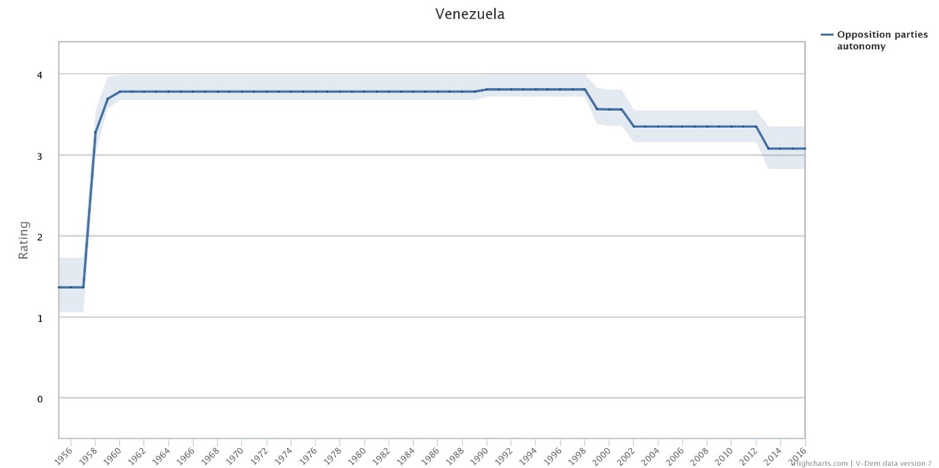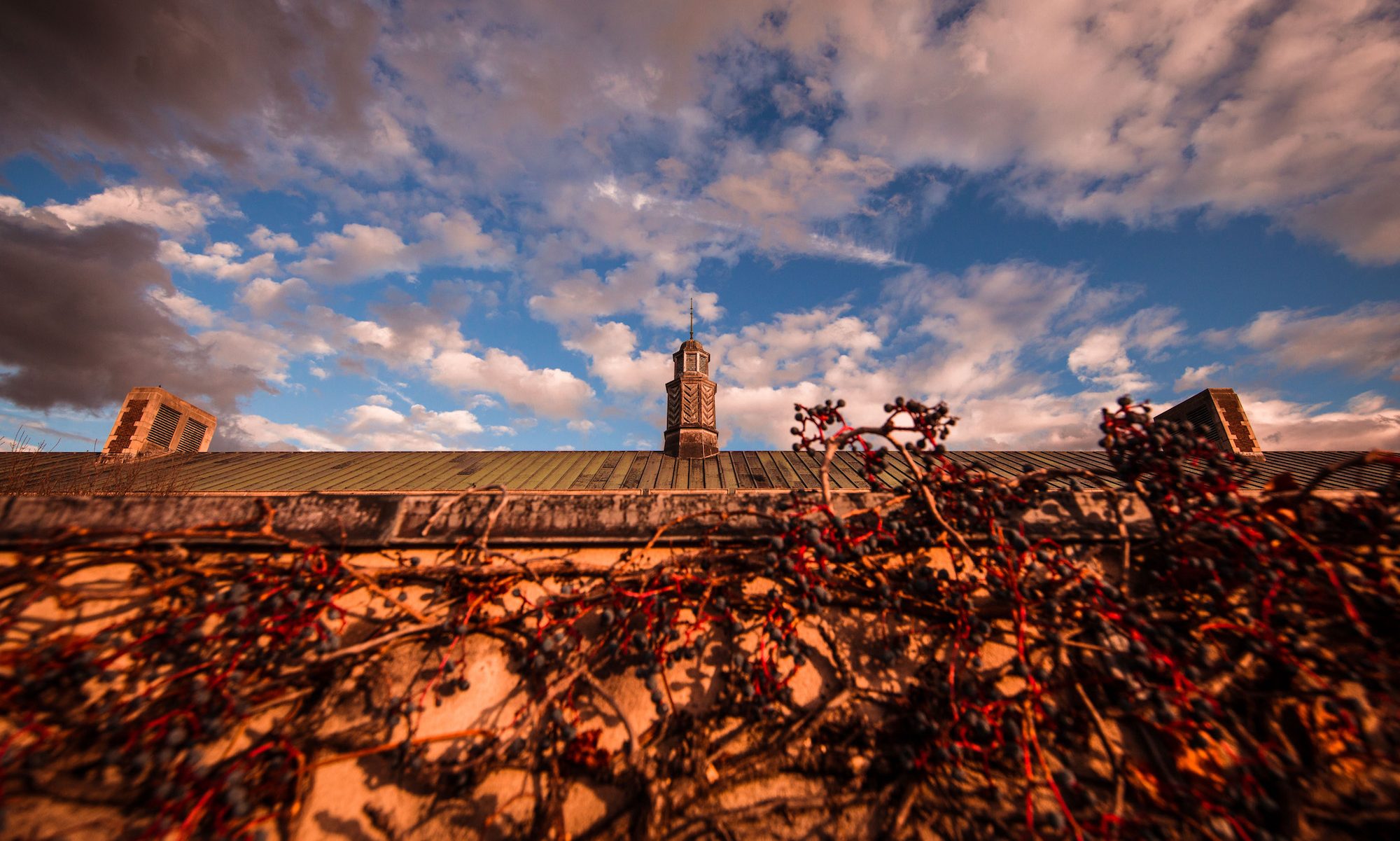Nothing is more stressful than a global pandemic, except a global pandemic with a president that disregards the well-being of his own people. This is the reality for the people of Venezuela.

Recent History of Venezuela’s Government
Venezuela has a democratic constitution but recently, the government does not act like a democracy, which is especially visible with their response to COVID-19. The rules of democracy are loosely emphasized in Venezuela, causing democratic backsliding towards a regime that uses some authoritarian regime tactics. The most recent elections within Venezuela’s government have been undemocratic which will be discussed in the following paragraphs.
Venezuela lies in Latin America and is one of the five countries in the region that are struggling with maintaining a democracy and the factors that go with it. In a New York Times article titled “Latin America is Facing a ‘Decline of Democracy’ under the Pandemic”, written by Anatoly Kurmanaev, these issues with democracy in Venezuela are pointed out. Kurmanaev states that “there are now five Latin American and Caribbean nations with recent democratic histories…where governments weren’t chosen in free and fair elections or have overstayed their time in office” (Kurmanaev, 2020). Venezuela is listed as one of these five countries. In chapter 3 of the textbook Democratization, written by Christian W. Haerpfer, a researcher and professor of political science, the basic factors of democracy are listed as stated by Robert Dahl. One of those factors is that a democracy must have “free and fair elections” (Haerpfer, 29). Since the government in Venezuela has not had free and fair elections recently, it is hard to consider the government a democracy. It is observable that even before COVID-19 the government was struggling to follow basic democratic rules.

Venezuela and Its Government’s Response to COVID-19
In the past few months we have seen that each government’s response to COVID-19 helps or hurts each country. The blog post “Venezuela’s Response to COVID-19 Reveals Sickness at the Heart of Maduro Regime” from Democracy Speaks is about the current political state in Venezuela during the COVID-19 pandemic. Nicolás Maduro, the current president of Venezuela, has created a regime that does not represent a fair government for its citizens. The people are suffering from poor hospital conditions, which is essential to fix due to the pandemic.
During a global pandemic, news sources are more important than ever, allowing people in countries around the world to learn about the virus and attempt to stay safe and healthy. Venezuela has journalists who are trying to report about the unsafe hospital conditions and inaction taken by the government. The New York Times article touches on this, stating that “president Nicolás Maduro of Venezuela has detained or raided the homes of dozens of journalists, social activists and opposition leaders for questioning the government’s dubious coronavirus figures” (Kurmanaev, 2020). Another of the seven basic factors of democracy that Dahl wrote about is “freedom of expression” (Haerpfer, 29). Raiding and detaining journalists who report on these critical issues during the pandemic is a violation of their right to democracy.
Beyond the poor hospital conditions lies the problem of a lack of medical supplies. Ferrufino wrote that Maduro sent Cuba medical supplies, despite the need for it in his own country. This is not necessarily against the principles of democracy, but it is against the basic human rights of the people of Venezuela who need medical help. A more positive aspect that has come from the pandemic is that the interim president, Juan Guaidó, is “working to form a national emergency government which will rely on humanitarian support and international funding” (Ferrufino, 2020), which will help the people of Venezuela to get the proper medical assistance necessary.
Venezuela’s Future with a Stronger Democracy
As mentioned before, free and fair elections are one of the main factors of a democracy. Without these elections, a government is not really a democracy at all. Ferrufino states in his blog in regard to Guaidó’s plan that “the national emergency government would also delegate to a Council of State the power and jurisdiction to manage the emergency until free presidential elections can be held” (Ferrufino, 2020). The current regime under Maduro is not fair to the people because they don’t have proper elections, which prohibits Venezuelans from voting for leaders they want to see in office. In the reading, “Hybrid Regimes”, Larry Diamond points out that, “regimes are considered democratic if they have free, fair, and open elections for all the principal positions of political power” (Diamond, 29). The regime in Venezuela does not hold free, fair, and open elections, and therefore, it is not fully recognized as a democracy. The blog closes out stating, “the sooner Maduro’s abusive regime gives way to free and fair elections, the sooner Venezuelans will finally experience a government that does what it is supposed to do: protect its people” (Ferrufino, 2020). The people are not protected under the current regime and are not receiving proper medical attention or conditions, which is crucial during a pandemic due to a virus. Venezuela will start to look a little more democratic once there are free and fair elections.

Venezuela experienced health and democratic concerns before the pandemic began. Kurmanaev points out that “most of these leaders were already bending the rules of democracy to stay in power before the pandemic, but seized on emergency conditions created by the spread of the virus to strengthen their position” (Kurmanaev, 2020). Maduro was already against free and fair elections and had not done anything to help fix the hospital conditions and medical aid available before the pandemic began.
To add to the disarray that Venezuela is experiencing, the article “Venezuela, Already in Crisis Mode, Struggles to Fight Corona Virus” by Elizabeth Melimpoulos says that “Venezuela’s health system is among the worst in the world in its capacity to respond and mitigate a pandemic, according to the Global Health Security Index” (Melimpoulos, 2020). This is not good news during a global pandemic, but will hopefully change soon enough, with the possibility of free, fair, and open elections in the near future of Venezuela.
Megan O’Malley is a senior at SUNY Geneseo, majoring in International Relations with the developing world track and minoring in Political Science.
Bibliography
Diamond, Larry Jay. “Thinking About Hybrid Regimes.” Journal of Democracy, vol. 13, no. 2, 2002, pp. 21–35.
Ferrufino, G., & Posted by Gabriel FerrufinoLatin America & the Caribbean. (2020, May 26). Venezuela’s Response to COVID-19 Reveals Sickness at the Heart of. Retrieved July 31, 2020, from https://www.democracyspeaks.org/blog/venezuela%E2%80%99s-response-covid-19-reveals-sickness-heart-maduro-regime
Kermanaev, A. (2020, July 29). Latin American is Facing a ‘Decline of Democracy’ Under the Pandemic. New York Times. Retrieved August 4, 2020, from https://www.nytimes.com/2020/07/29/world/americas/latin-america-democracy-pandemic.html
Melimopoulos, E. (2020, March 23). Venezuela, Already in Crisis Mode, Struggles to Fight Corona Virus. Al Jazeera. Retrieved August 5, 2020, from https://www.aljazeera.com/news/2020/03/venezuela-crisis-mode-struggles-fight-coronavirus-200323194559123.html
Welzel, Christian, et al. Democratization. 2nd ed., Oxford University Press, 2019.

I hope Venezuela’s conflicts ends soon. this is terrible